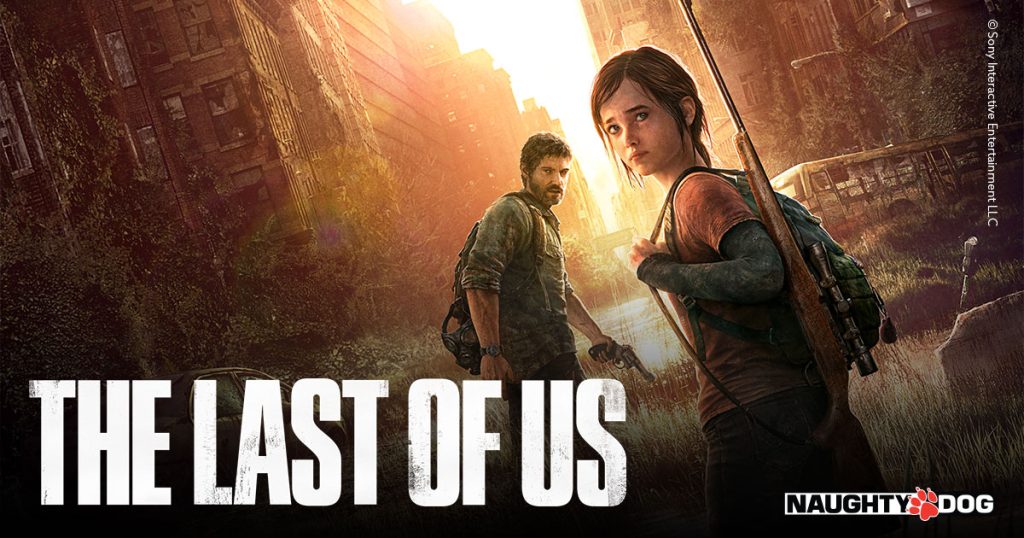The Last of Us is a 2013 action-adventure game developed by Naughty Dog and published by Sony Computer Entertainment. Players control Joel, a smuggler tasked with escorting a teenage girl, Ellie, across a post-apocalyptic United States. The Last of Us is played from a third-person perspective. Players use firearms and improvised weapons and can use stealth to defend against hostile humans and cannibalistic creatures infected by a mutated fungus. In the online multiplayer mode, up to eight players engage in cooperative and competitive gameplay. Wikipedia

Research exclusive to this game
Anderson, Karoline A. “Moral distress in The Last of Us: Moral agency, character realism, and navigating fixed gaming narratives.” Computers in Human Behavior Reports 5 (2022): 100163.
Green, Amy M. “The reconstruction of morality and the evolution of naturalism in The Last of Us.” Games and Culture 11, no. 7-8 (2016): 745-763.
Hughes, Scott. “Get real: Narrative and gameplay in The Last of Us.” Journal of comparative research in anthropology and sociology 6, no. 01 (2015): 149-154.
Sipocz, Daniel. “Affliction or affection: The inclusion of a same-sex relationship in The Last of Us.” Queerness in play (2018): 81-96.
Radchenko, Simon. “Metamodern Gaming: Literary Analysis of The Last of Us.” Interlitteraria 25, no. 1 (2020): 246-259.
Wellenreiter, Michael. “Screenwriting and authorial control in narrative video games.” Journal of Screenwriting 6, no. 3 (2015): 343-361.
Research that includes this game in its sample
Banfi, Ryan. “Ellie’s Journal: Para-Narratives in The Last of Us Part II.” Game Studies 22, no. 3 (2022).
Hill, Melvin G. “Tale of Two Fathers: Authenticating Fatherhood in Quantic Dream’s Heavy Rain: The Origami Killer and Naughty Dog’s The Last of Us.” In Pops in pop culture: Fatherhood, masculinity, and the new man, pp. 159-176. New York: Palgrave Macmillan US, 2016.
Jardine, Adam. (2015). Wolves among us: some brief reflections on the “bona fides” of gendered violence in computer game art. Griffith Journal of Law and Human Dignity, (Special Art Issue), 73-84.
Lucat, Bertrand. “Playing with Patriarchy: Fatherhood in BioShock: Infinite, The Last of Us, and The Witcher 3: Wild Hunt.” In DiGRA Conference. 2017.
Murray, Soraya. “Playing Whiteness in Crisis in The Last of Us and Tomb Raider.” In DiGRA Conference. 2018.
Şengün, Sercan, João M. Santos, Joni Salminen, Milica Milenkovic, and Bernard J. Jansen. “Is death only the beginning? How people mourn artificial characters in social media.” Games and Culture 20, no. 1 (2025): 77-124.
Other games in the franchise
Last of Us, The (12)